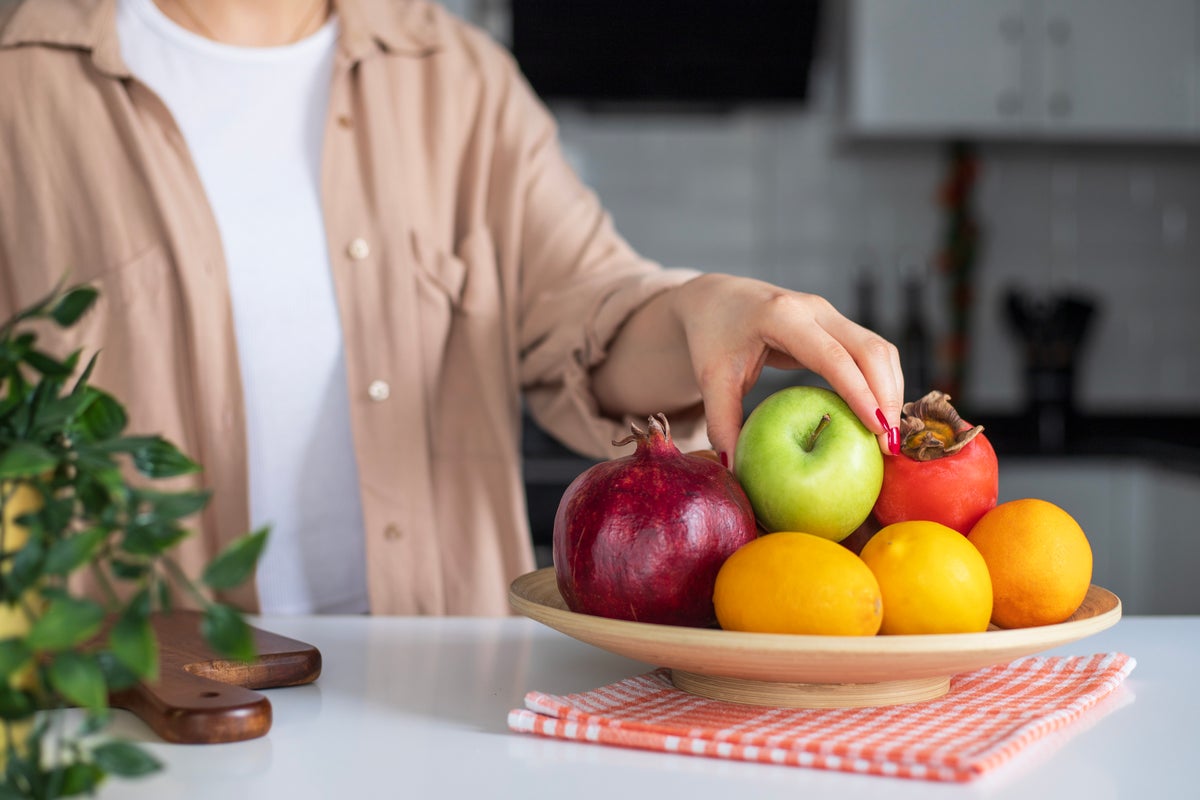Health
Guava Fruit Molecule Offers Hope in Battle Against Liver Cancer

A recent discovery reveals that a molecule found in guava fruit may hold promise in the fight against liver cancer. Researchers at the University of Delaware, led by William Chain, an associate professor in the Department of Chemistry and Biochemistry, have identified this molecule and developed a method to synthesize it. Their findings were published in the journal Angewandte Chemie.
The guava plant, including its leaves and bark, has demonstrated various beneficial properties, including anti-inflammatory, antibacterial, and anti-cancer effects. The research team utilized a technique known as natural product total synthesis to replicate the guava molecule using readily available chemicals. This innovative approach could potentially lead to more effective and affordable treatments for liver cancer.
According to Cancer Research UK, approximately 6,600 new liver cancer cases are diagnosed in the UK annually, equating to about 18 cases each day. Projections indicate that this number could rise to around 9,700 new cases by 2040. Alarmingly, the survival rate for liver cancer remains low, with only 8 percent of patients surviving for ten years or more after diagnosis.
Recognizing the symptoms of liver cancer is crucial for early detection. Common signs include jaundice, itchy skin, loss of appetite, fatigue, flu-like symptoms, and a noticeable lump on the right side of the abdomen, according to the NHS. Current treatment options for liver cancer include surgery, chemotherapy, thermal ablation, targeted medicines, and radiotherapy, depending on the cancer’s size and type.
The synthetic guava molecule presents a potential breakthrough in treatment options. “The majority of clinically approved medicines are either made from a natural product or are based on one,” noted Professor Chain. He emphasized the importance of their findings, stating, “There aren’t enough natural resources to make enough treatments. Now chemists will be able to take our manuscripts and basically follow our ‘recipe’ and they can make it themselves.”
Liam O’Grady, a doctoral student in Chain’s lab and the article’s first author, highlighted the significance of their research. “We entered into that unknown territory; I think we helped shed light on this unknown pathway that can get us there. And I think that’s the cool part,” he said.
Looking ahead, the research team is collaborating with the National Cancer Institute to explore the next steps in testing the efficacy of the guava molecule against other forms of cancer. This collaboration could pave the way for expanded applications of their findings, potentially benefiting countless individuals affected by cancer.
The discovery of the guava molecule marks an important advancement in cancer research, offering hope for more effective treatments that may improve survival rates and quality of life for patients battling liver cancer.
-

 Health3 months ago
Health3 months agoNeurologist Warns Excessive Use of Supplements Can Harm Brain
-

 Health3 months ago
Health3 months agoFiona Phillips’ Husband Shares Heartfelt Update on Her Alzheimer’s Journey
-

 Science1 month ago
Science1 month agoBrian Cox Addresses Claims of Alien Probe in 3I/ATLAS Discovery
-

 Science1 month ago
Science1 month agoNASA Investigates Unusual Comet 3I/ATLAS; New Findings Emerge
-

 Science1 month ago
Science1 month agoScientists Examine 3I/ATLAS: Alien Artifact or Cosmic Oddity?
-

 Science1 month ago
Science1 month agoNASA Investigates Speedy Object 3I/ATLAS, Sparking Speculation
-

 Entertainment5 months ago
Entertainment5 months agoKerry Katona Discusses Future Baby Plans and Brian McFadden’s Wedding
-

 Entertainment4 months ago
Entertainment4 months agoEmmerdale Faces Tension as Dylan and April’s Lives Hang in the Balance
-

 World3 months ago
World3 months agoCole Palmer’s Cryptic Message to Kobbie Mainoo Following Loan Talks
-

 Science1 month ago
Science1 month agoNASA Scientists Explore Origins of 3I/ATLAS, a Fast-Moving Visitor
-

 Entertainment2 months ago
Entertainment2 months agoLewis Cope Addresses Accusations of Dance Training Advantage
-

 Entertainment3 months ago
Entertainment3 months agoMajor Cast Changes at Coronation Street: Exits and Returns in 2025









